PAKISTANI GREAT MEERA ON HER AMAZING CAREER
by ASJAD NAZIR
LEGENDARY Pakistani actress Meera has had an amazing career spanning nearly 25 years.
She has delivered diverse roles in various genres and is regarded as one of the all-time greats of Pakistani cinema. Meera plays a legend looking to recapture past glories in her more recent film Baaji and received rave reviews for her performance. Meera is looking forward to taking on more acting challenges and continue her remarkable rollercoaster journey.
Eastern Eye caught up with Meera to discuss her incredible career, Baaji, inspirations and future hopes. She spoke from the heart and was her usual fearless self with replies.
How do you look back on your acting journey?
I was barely in my teens when I was thrust into the world of entertainment as a model and then in films. I really had no idea what I was doing back then, but always worked hard. I wanted to learn and improve myself. I had a drive within me to do my best. When I had a chance to work with some of the best in Lollywood early on, like Madam Sangeeta and Javed Sheikh, I managed to learn from these mentors. A big turning point for me was Samina Pirzada’s Inteha. It was a daring and feminist film at the time. Inteha gave me an identity as a performer.
Your performance as an emotionally and physically abused housewife opposite Humayun Saeed was great, but there was a decline in Lollywood, soon after…
After that, the industry’s standards slid a great deal. Urdu films barely got made and most Punjabi movies were male-oriented, with action and violence. It was then I had the opportunity to go to India and work on Nazar under Mahesh Bhatt’s banner and guidance. I was exposed to a whole new world, which was not wound up in the politics and insecurities of Lahore studios.
Tell us about that rollercoaster time in India and what happened next?
I signed several films with good banners, but unfortunately for one reason or the other they didn’t reach the screens. A Mahesh Bhatt production opposite Arjun Rampal I was doing stalled half way because of finance issues, while political tensions between India and Pakistan affected others such as Subhash Ghai’s Simran and Jhansi Ki Rani. When I returned to Pakistan, the industry was on its way down. Most film actors were either unemployed, doing variety shows on stage or acting on TV. It was a low period especially for those of us who had seen the busy industry days of the 90s and early 2000s. I would say the third stage of my career has begun with Baaji. It has brought me to the forefront of Pakistani cinema again.
Looking back would you have done anything differently?
There’s no point in looking back, and I have no regrets. I always tried to push boundaries and set my own standards. It was a big gamble to leave a perfectly successful career in Pakistan and go to Bollywood. I gave it my best shot, but perhaps should have stayed away from some quick low budget films I had to do there near the end of my stay in order to keep my work visa.
Which roles have given you the greatest joy?
I would say my roles in Samina Pirzada’s directorial debut Inteha, Javed Sheikh’s Mujhe Jeenay Do, Shahzad Rafique’s Rukhsati, Sangeeta’s Khilona, Nazar in India and now Baaji are the highlights and turning points of my career.
What is the biggest life lesson your acting journey has taught you?
The biggest lesson of my acting journey has been that one must always remain open and be a student, ready to learn from scratch with each project. Also as an actor, one must put one’s career ahead of everything else. I have been foolish to let other things take precedence at times. It’s a very competitive and insecure profession and everyone is out to take away whatever you have achieved, so you can’t take it easy. And luck plays a huge role. You can have all the talent in the world, but it’s useless if you are not in the right place at the right time.
Today, how do you select projects?
At this stage in my career, especially after my comeback with Baaji, I only want to take on projects that challenge me and offer me something substantial to do. Even if it is a guest appearance for two minutes, I want to make sure I leave an impact.
What did you like about Baaji?
Honestly, I immediately said yes to Baaji because I had complete trust in my director, Saqib Malik. This film was a lifeline for me as I was playing the title role in a major production after a long break. It was a role with a lot of shades and emotions. I knew Baaji would give me an opportunity to show my skills and craft in a way no film had done before. And I have been proven correct. The respect and love I’ve received globally has been simply incredible.
Tell us about the film and your character?
I play Shameera, a movie star, who is desperate to make a comeback and stay relevant in the changing world of Pakistani cinema. She yearns for emotional stability and love as well. It’s a complex role and one I can relate to only too well.
What was the biggest challenge of playing this role?
It was playing a role I know was going to define me for the rest of my career. I had to create a character called Shameera, different from Meera the film star in the public mind. There were certain haunting moments in the film that dealt with things like fear of aging for an actress, which were challenging. Also, I was working with an entirely new breed of actors with very different methods. They were all highly professional and good at what they did. I had to get my rhythm back since I had not done many films in recent years. All of this was challenging, but I am not one to back down. I submitted myself entirely to the project and am grateful the entire team were so patient and helpful.
What is your favourite moment in Baaji?
I value every moment of the film, but would say my best performance is at the climax, where I had a lot of opportunity to perform and emote. I had told Saqib to just let me go and not hold me back for this sequence. He wanted me to tone it down, but I persisted and ultimately, he agreed with me. I also loved the picturisation of the redo of classic song Yeh Aaj Mujh Ko Kya Hua, which was earlier filmed on my idol, Babra Sharif, in the seventies.
What can we expect next from you?
I’ve had a lot of offers, but am waiting for a worthy follow up to Baaji. I hope Saqib Malik quickly produces another film and has a good role for me in it. I have been spoilt by Baaji, so it’s very difficult for me to just accept anything that comes my way now.
What’s your dream role?
I would like to do an action role or play the role of a sportswoman. I love to do bold and strong characters.
Do you have ambitions away from cinema?
I have realised that my work is everything to me. It’s the only thing I truly know and that brings me deep satisfaction. I also want to set up a charity hospital in my mother’s name and have been working towards this goal for a few years now.
What would you say is the root of your fearlessness?
I’m fearless because I gave myself no other choice. I had to start work and fend for my family and myself at an early age. I never really got to study properly, but I educated my brothers and sisters in the best institutions. Both my sisters are lawyers. When you have to face certain circumstances in life, you have to be fearless to survive, in the law of the jungle. Also, I’m not a hypocrite and don’t pretend to be anything other than what I am. People don’t always like the true face of things. As Shameera says in Baaji, “love me or hate me, but you can never replace me”.
What do you think about the new generation of Pakistani movie stars?
I think the new generation of Pakistani movie stars are very good at marketing themselves. They are excellent with social media, have great PR companies and personal stylists, but they don’t have the dedication or X Factor of my generation of film stars. We were beyond reach and worked hard to maintain the mystery around us. We toiled day and night in harsh conditions, and trusted and respected our directors. Our entire world was within the studio walls, and we were sincere with our craft.
What are your big passions away from work?
I am a malang (nomadic) at heart and don’t have many friends or attachments. I work out regularly at the gym, watch movies and enjoy the good company of a few select people. Sometimes, I just like to be on my own. I’ve been through a lot of ups and downs and now want to keep my life as simple and focused as possible.
Today, what inspires you?
I get inspired by a good performance in a movie, like I loved both Sanam Saeed and Amina Sheikh in Cake. The generosity and kindness of people also inspires me. I just want to tell stories from the heart and am working on script ideas, which I hope to develop into film projects soon.
Why do you love cinema?
I live and breathe cinema. It is such a mirror to our dreams and reality at the same time. Cinema has given me fame, money and an identity. Without it, I am nothing.
Why should we all watch Baaji?
Baaji is a rich cinematic experience. It has soul and beauty. It has music, dance, emotions and a gripping story. It will leave you at the edge of your seat and keep you guessing about what will happen next. You will come out with a lot of emotion and I promise, you will want to see it a second time.





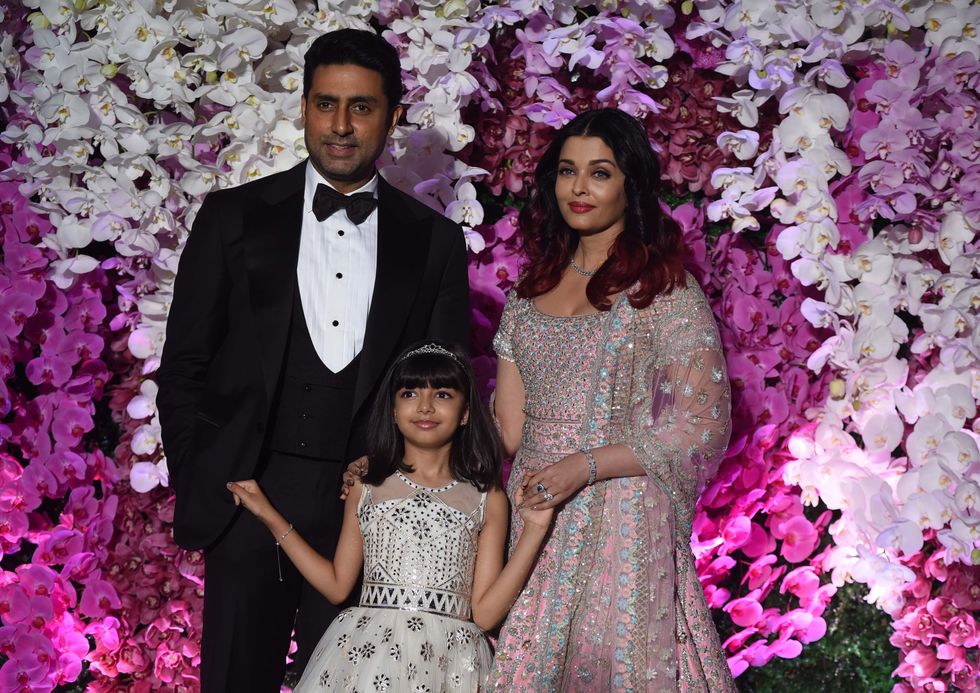 Aaradhya Bachchan has no access to social media or a personal phoneGetty Images
Aaradhya Bachchan has no access to social media or a personal phoneGetty Images  Abhishek Bachchan calls Aishwarya a devoted mother and partnerGetty Images
Abhishek Bachchan calls Aishwarya a devoted mother and partnerGetty Images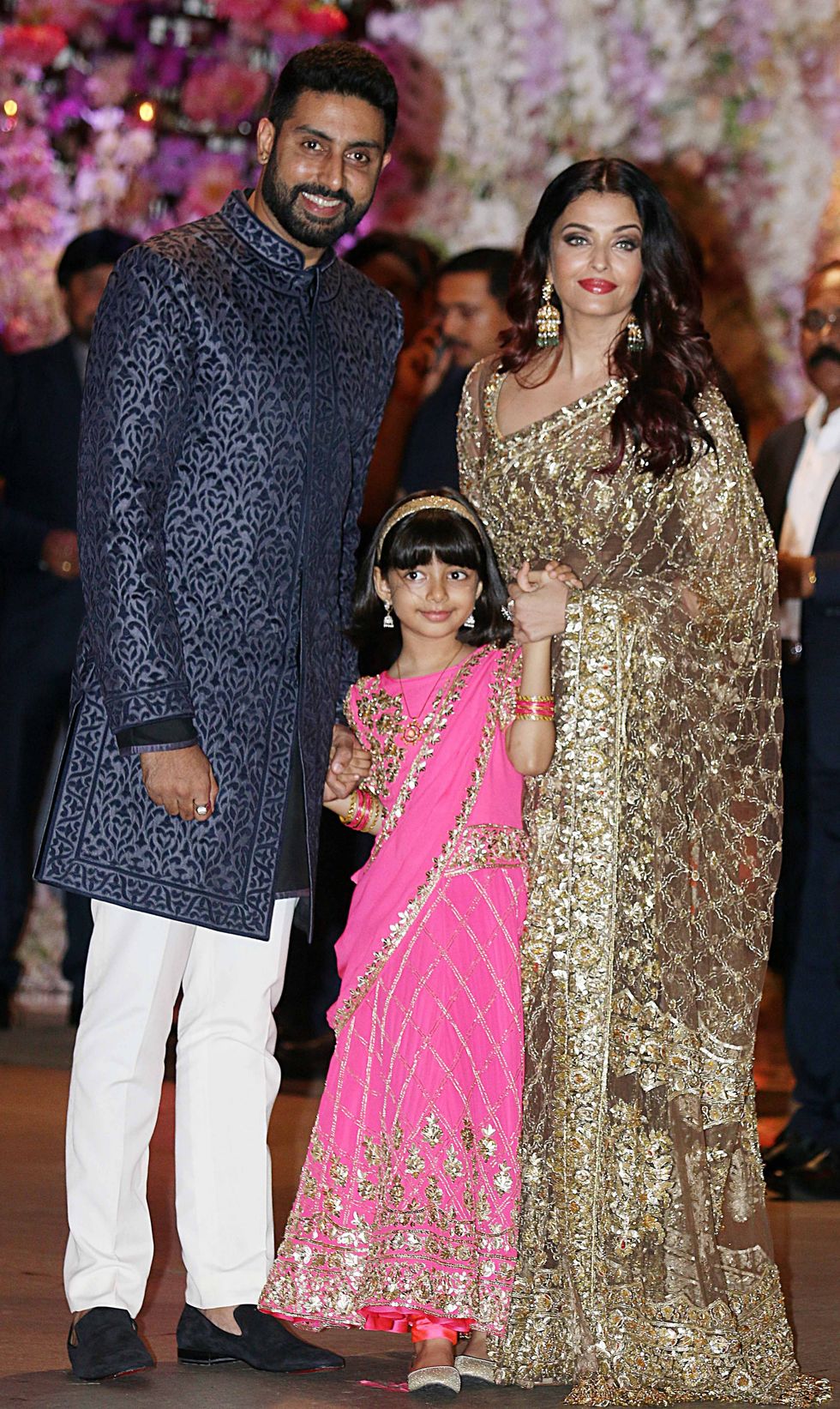 Aaradhya is now taller than Aishwarya says Abhishek in candid interviewGetty Images
Aaradhya is now taller than Aishwarya says Abhishek in candid interviewGetty Images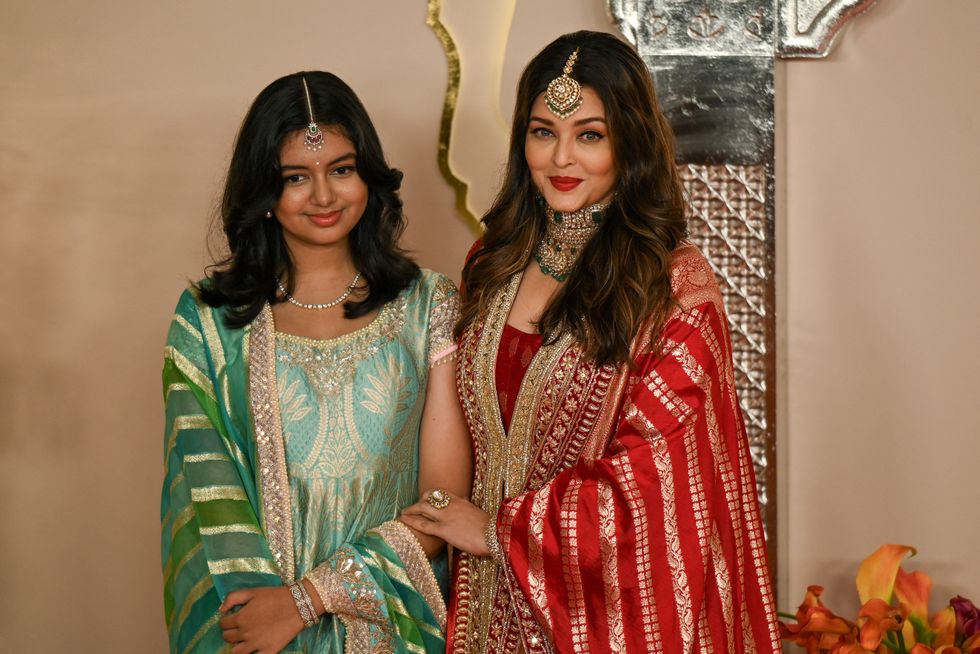 Aishwarya Rai often seen with daughter Aaradhya at public eventsGetty Images
Aishwarya Rai often seen with daughter Aaradhya at public eventsGetty Images










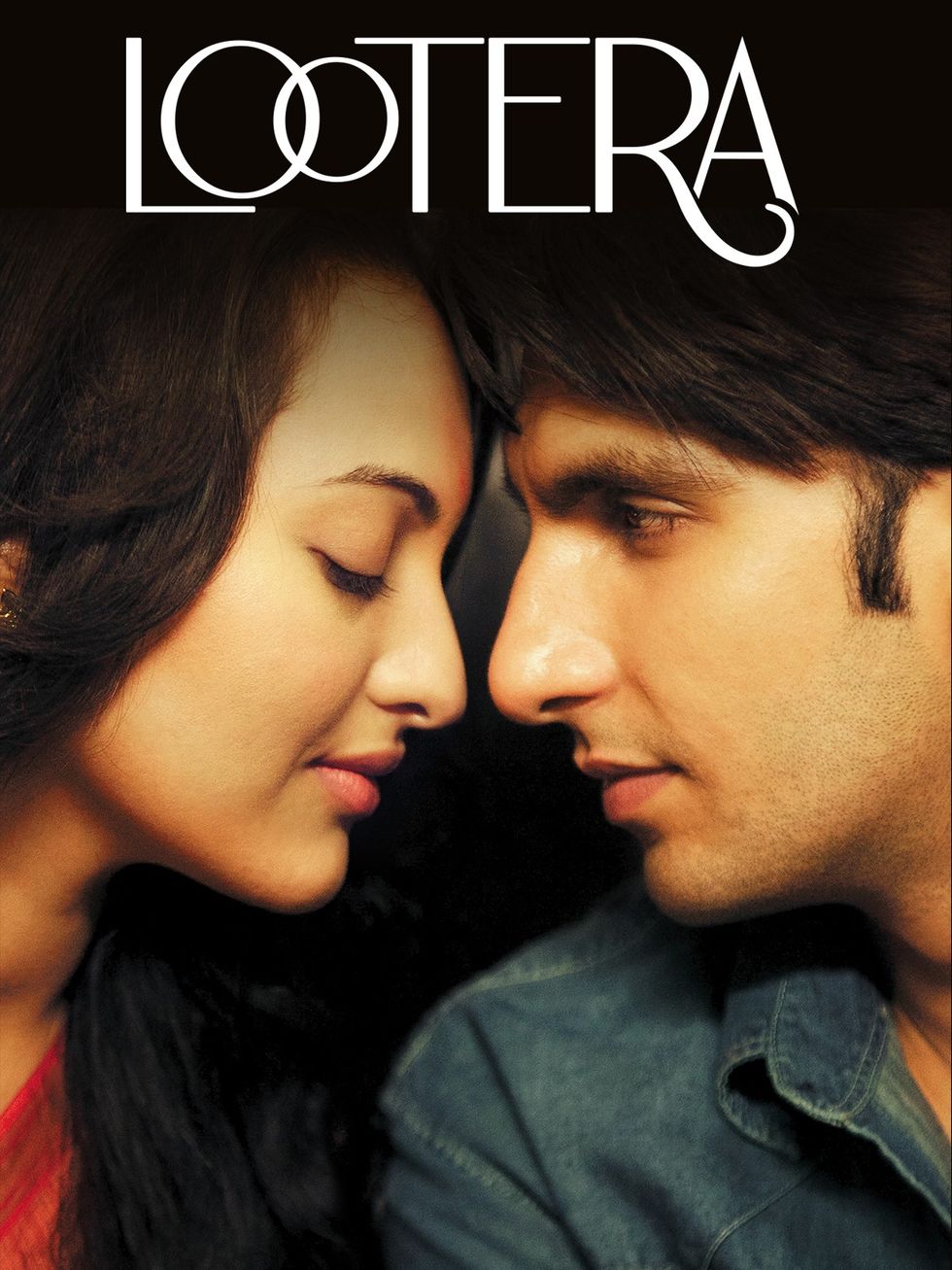 Lootera released in 2013 and marked a stylistic shift for Ranveer Singh Prime Video
Lootera released in 2013 and marked a stylistic shift for Ranveer Singh Prime Video 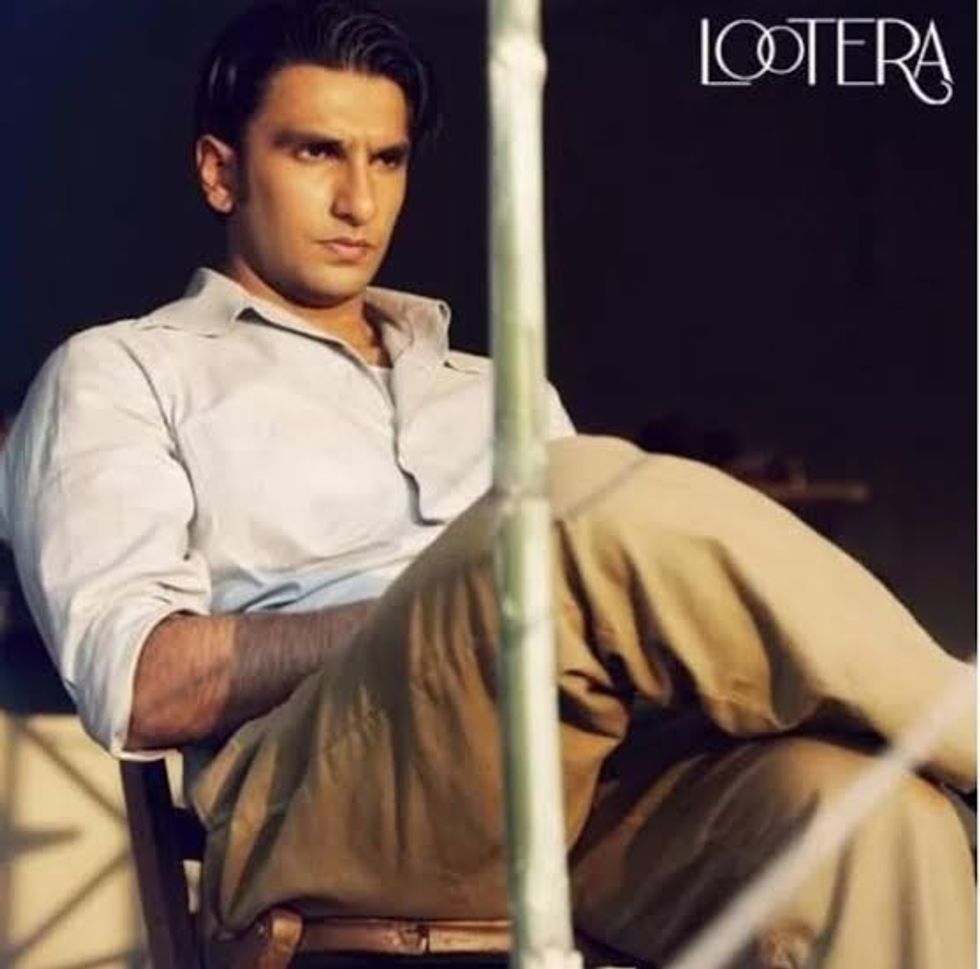 Ranveer Singh’s role as Varun showed he could command the screen without saying much
Ranveer Singh’s role as Varun showed he could command the screen without saying much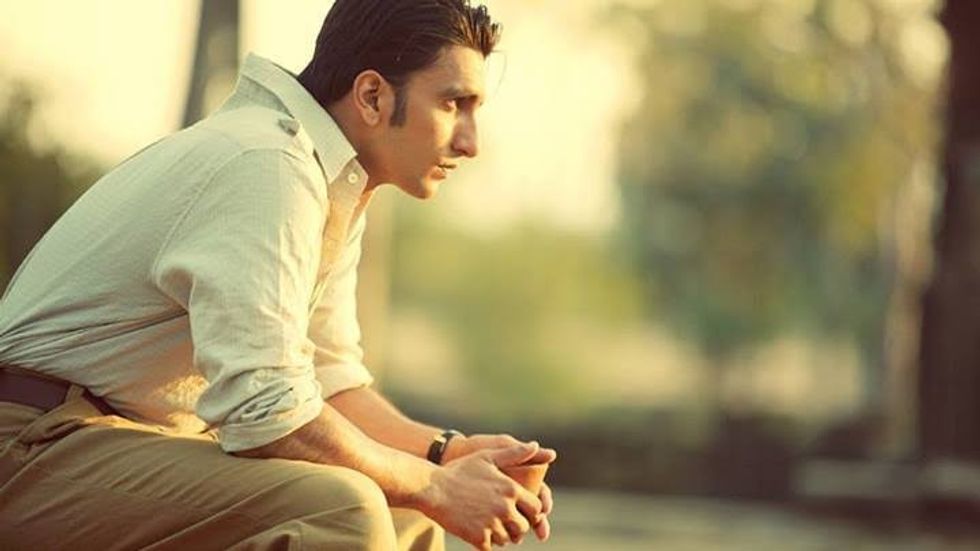 The period romance Lootera became a turning point in Ranveer Singh’s career
The period romance Lootera became a turning point in Ranveer Singh’s career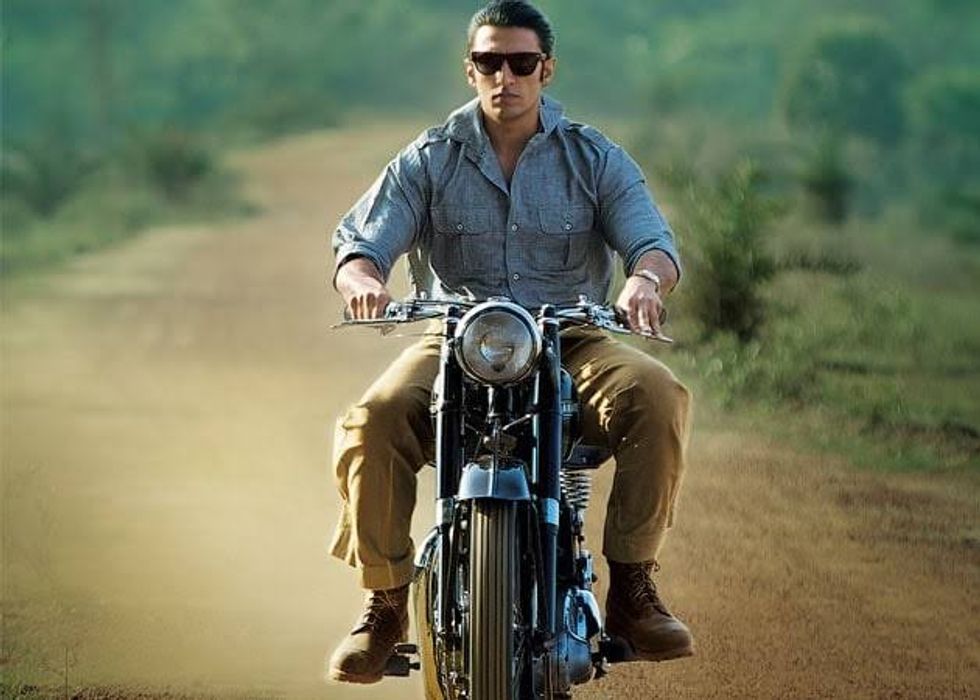 Ranveer Singh’s performance in Lootera was praised for its emotional restraint
Ranveer Singh’s performance in Lootera was praised for its emotional restraint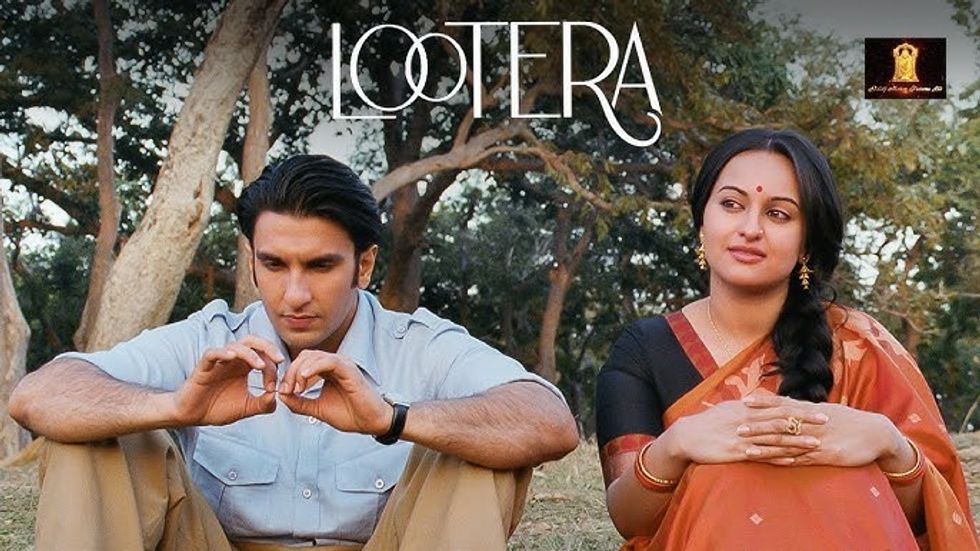 Ranveer Singh and Sonakshi Sinha starred in the romantic drama set in 1950s BengalYoutube/Altt Balaji Motion Pictures
Ranveer Singh and Sonakshi Sinha starred in the romantic drama set in 1950s BengalYoutube/Altt Balaji Motion Pictures 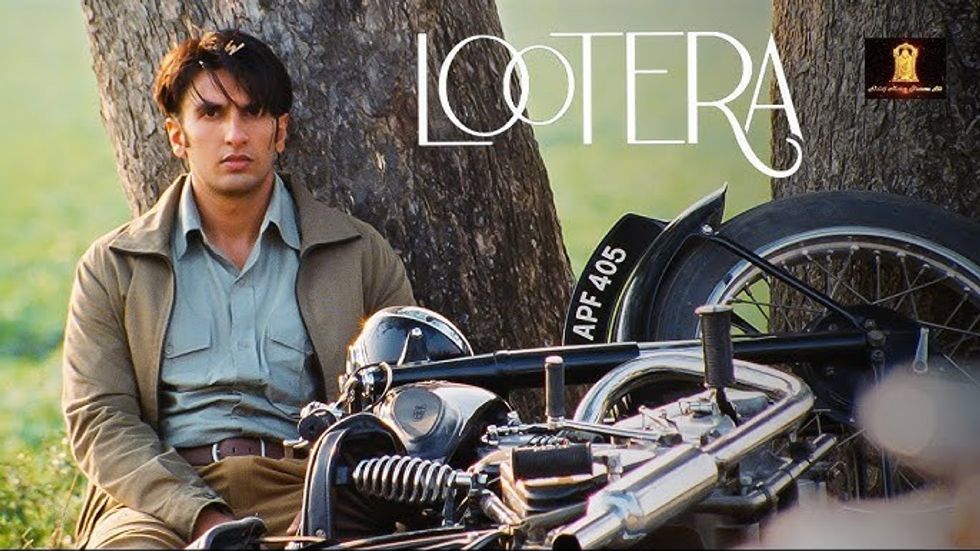 Lootera’s legacy has grown over the years despite its modest box office runYoutube/Altt Balaji Motion Pictures
Lootera’s legacy has grown over the years despite its modest box office runYoutube/Altt Balaji Motion Pictures
